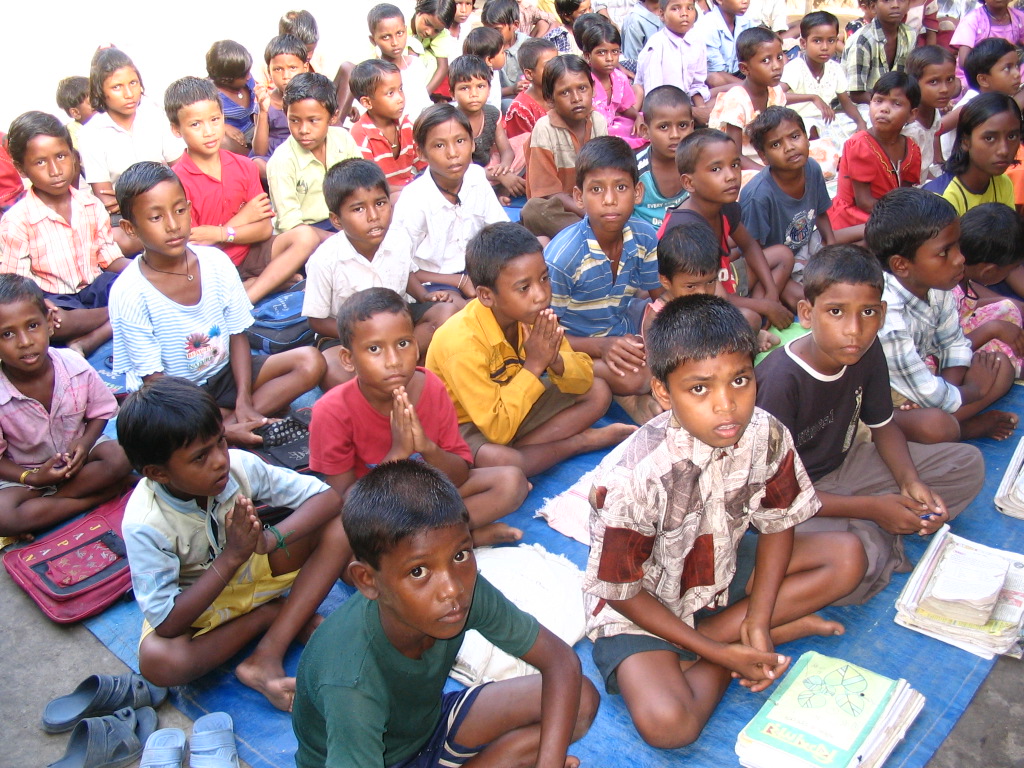 India's Right to Education Act works to ensure "Every child in the age group of 6-14 years will be provided 8 years of elementary education in an age appropriate classroom in the vicinity of his/her neighbourhood"(source). The government faces particular challenges in providing education to children in urban slums and rural communities. Ethnic minority groups, such as the chakmas, are often socially and economically marginalized and face even more difficulty gaining access to education. The RTE act is an important step in improving living conditions for millions of Indian citizens, but the proposal can only succeed if it is met with long term financial support from the government.
India's Right to Education Act works to ensure "Every child in the age group of 6-14 years will be provided 8 years of elementary education in an age appropriate classroom in the vicinity of his/her neighbourhood"(source). The government faces particular challenges in providing education to children in urban slums and rural communities. Ethnic minority groups, such as the chakmas, are often socially and economically marginalized and face even more difficulty gaining access to education. The RTE act is an important step in improving living conditions for millions of Indian citizens, but the proposal can only succeed if it is met with long term financial support from the government. India stands as the second most populous country in the world, holding an estimated 1.2 billion people. As the world becomes increasingly globalized and interdependent, it seems crucial that we work together to support global development, especially for such a massive player in the world economy. Where the government fails, individual actors must do their part to be the change they want to see in the world.
Read more about Friends of Humanity's India-based partner, the Alice School Project, here.


No comments:
Post a Comment